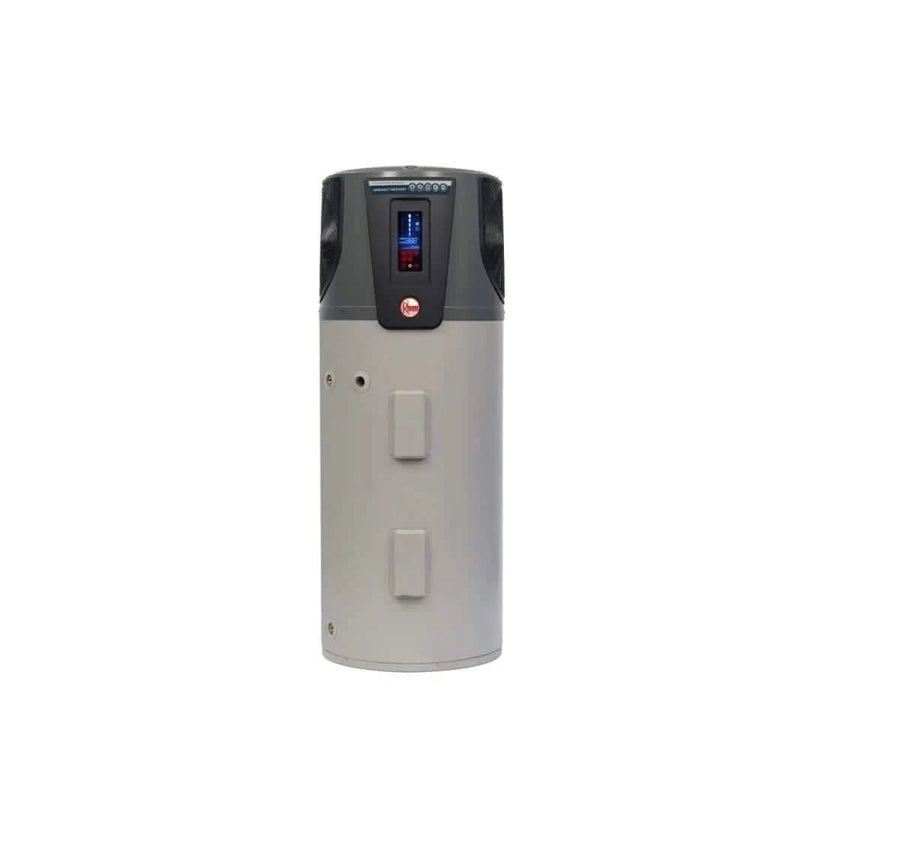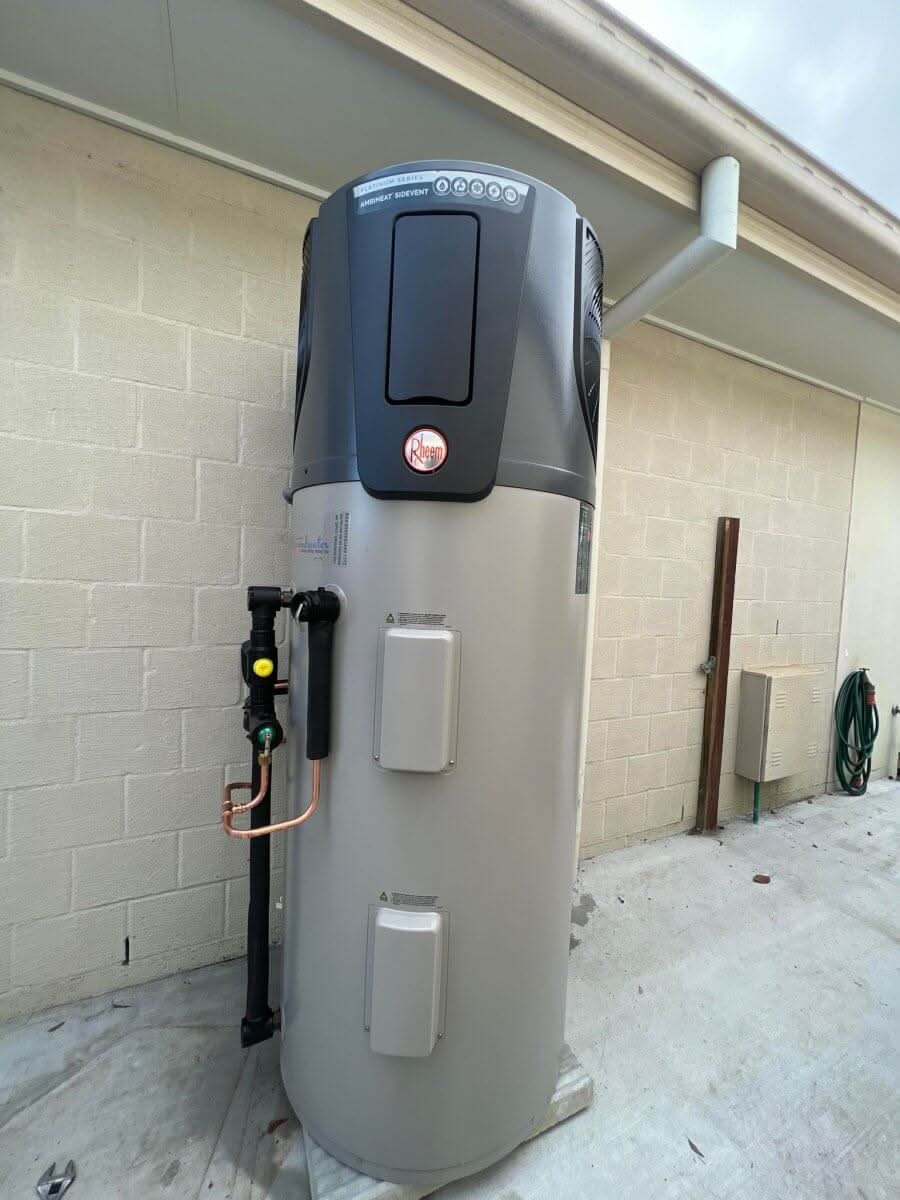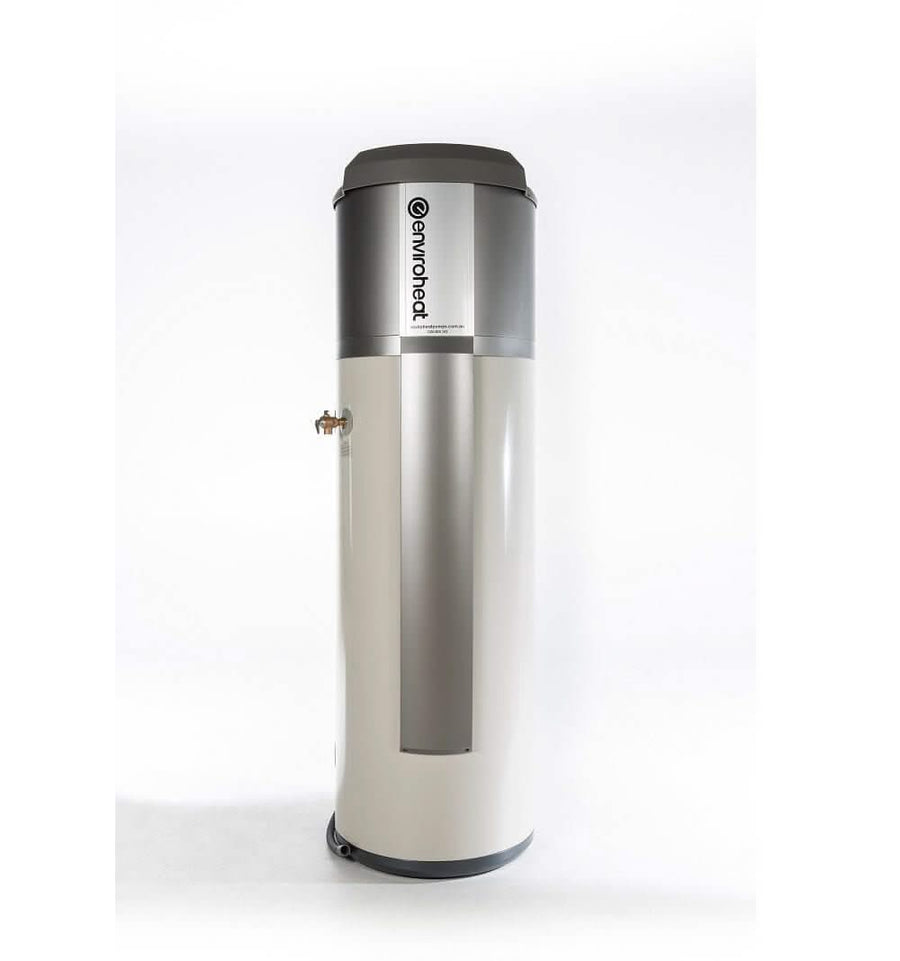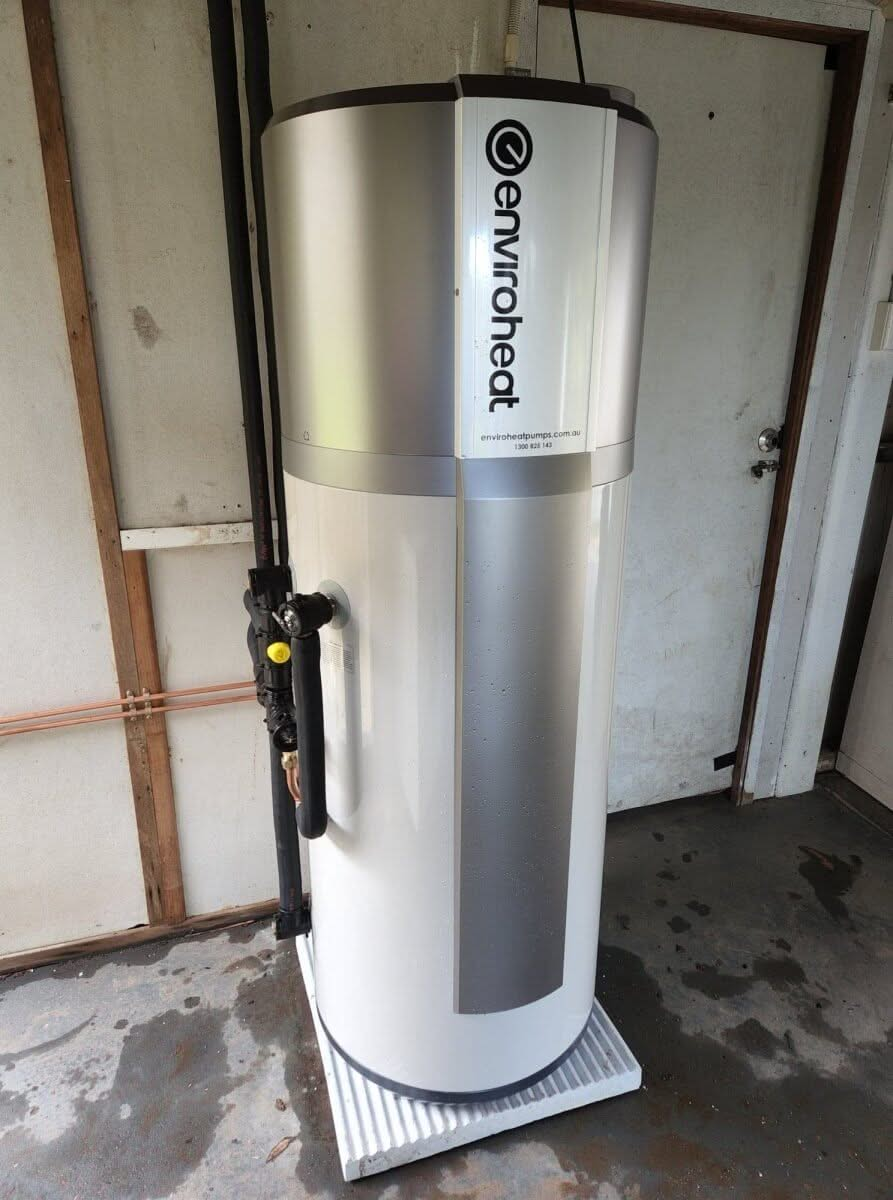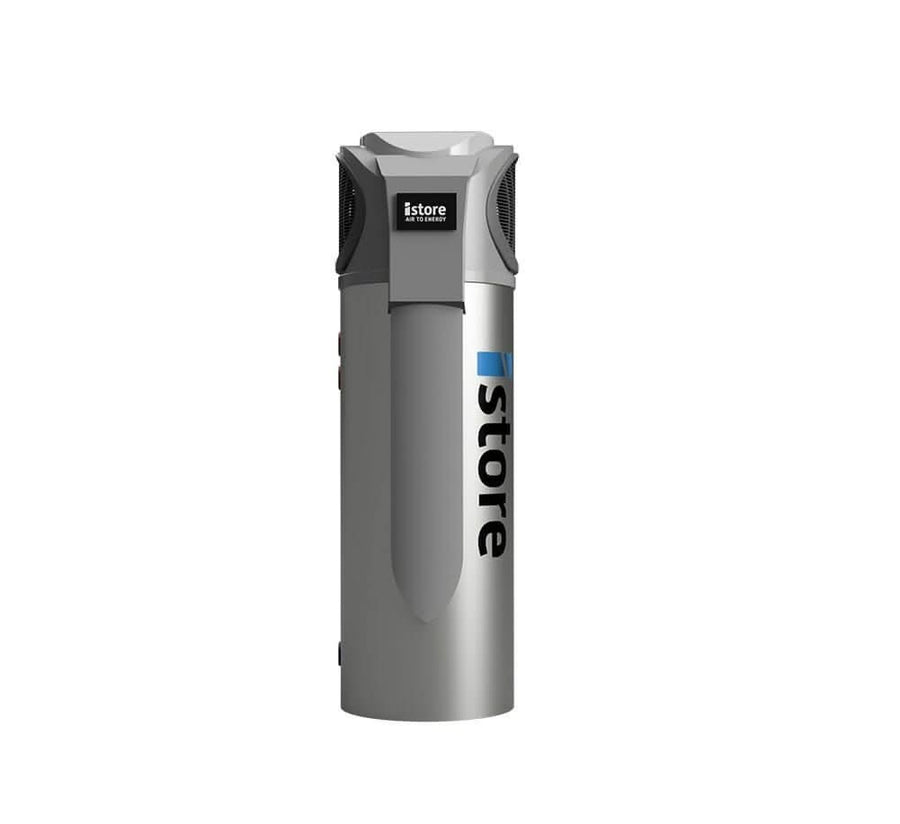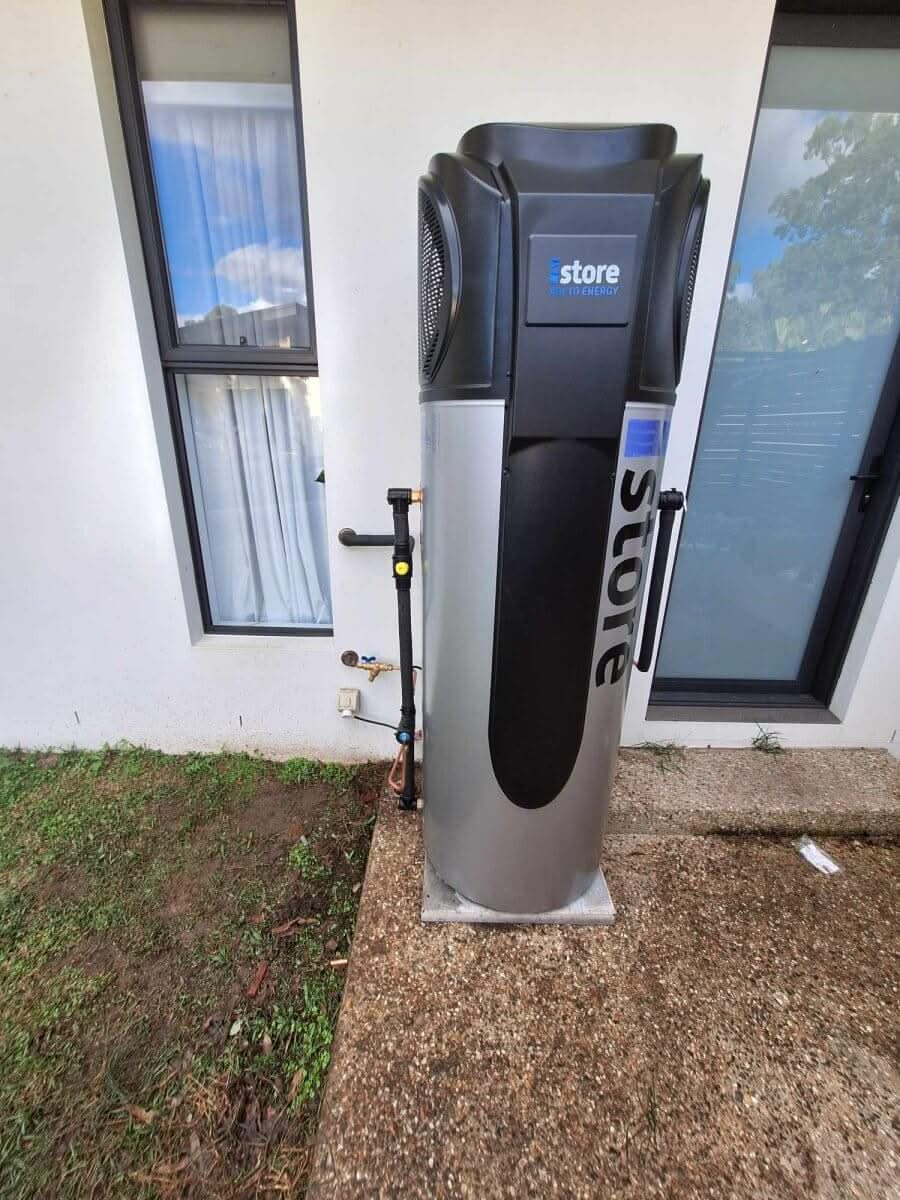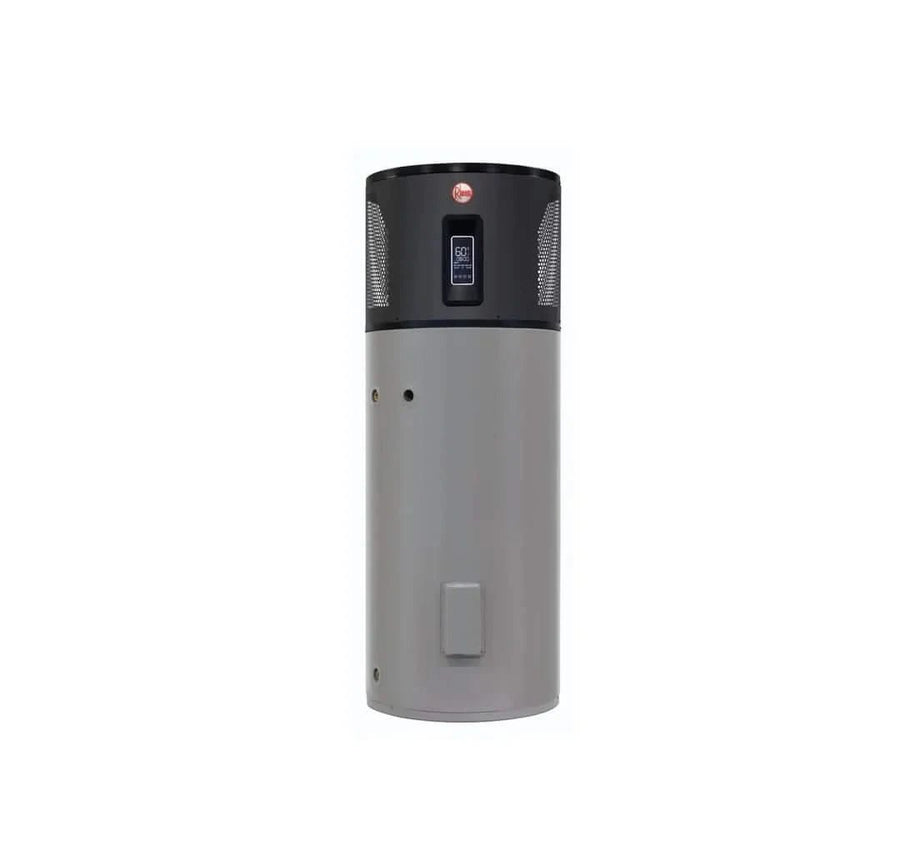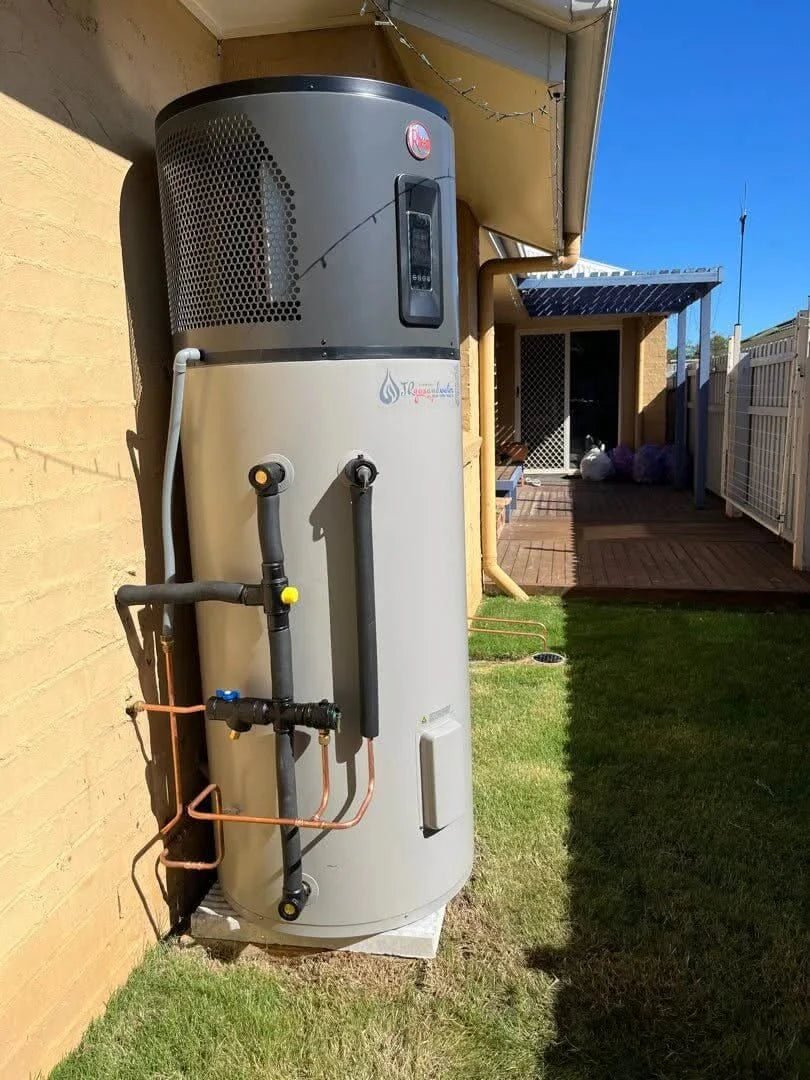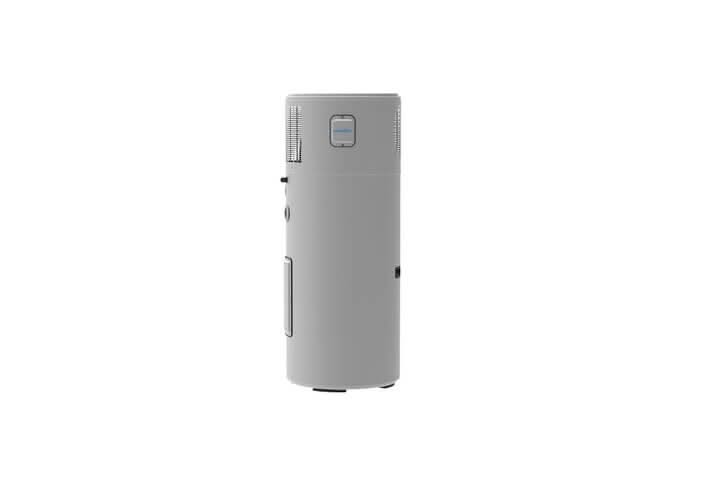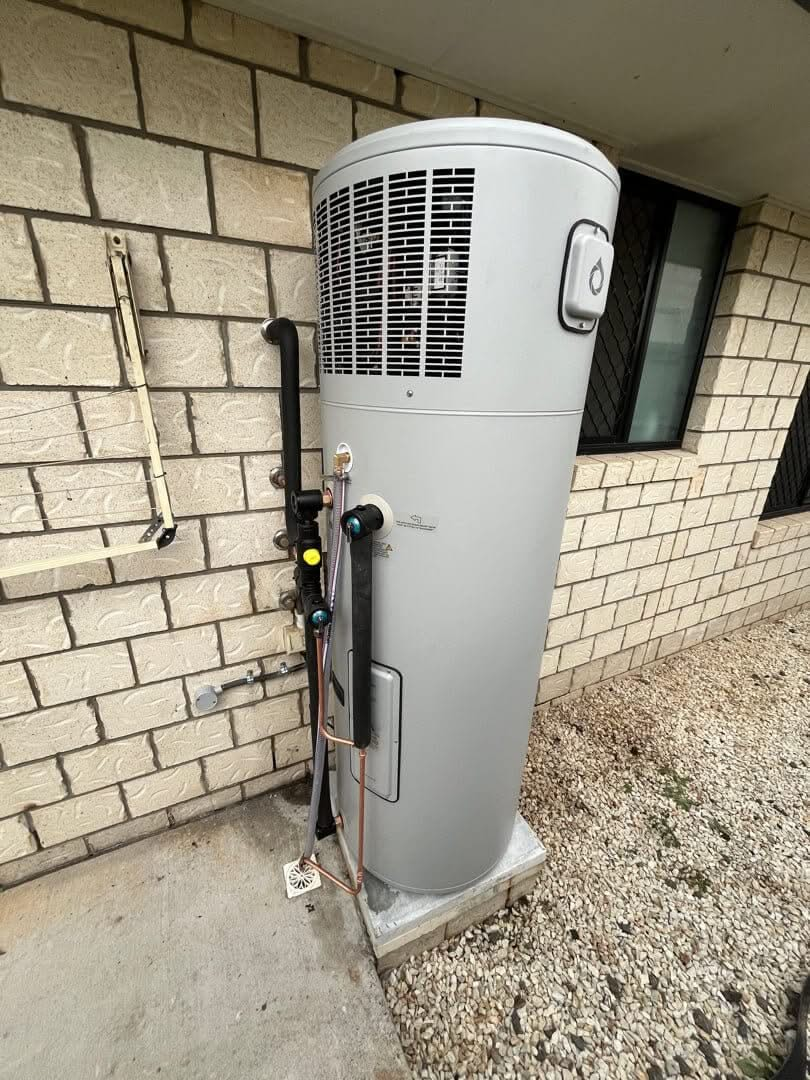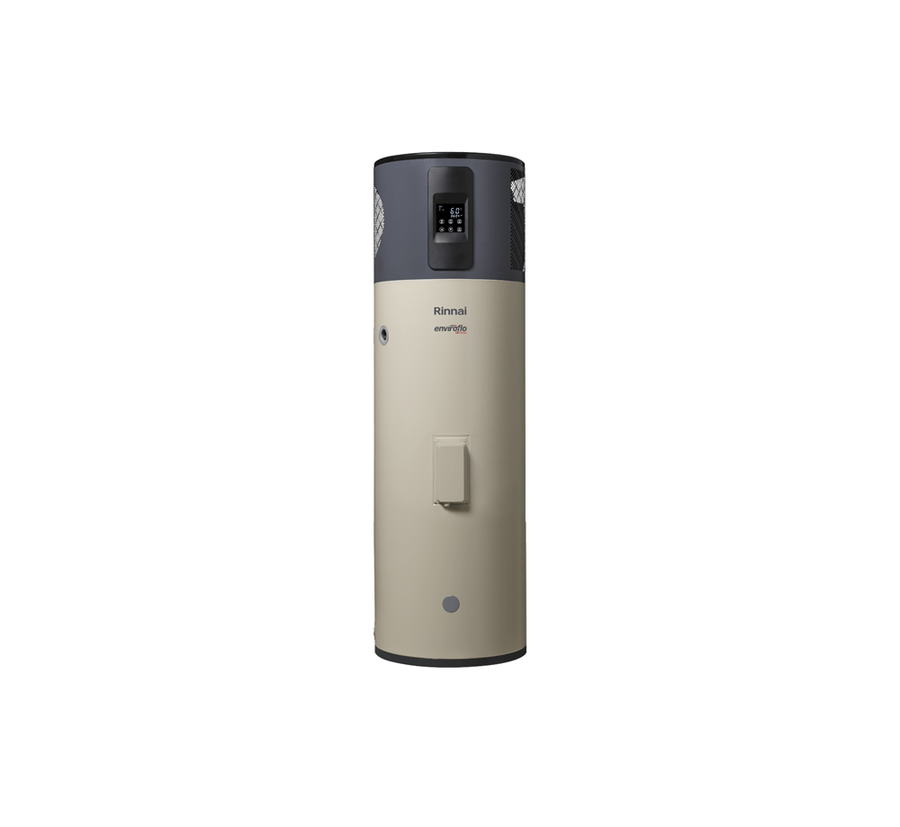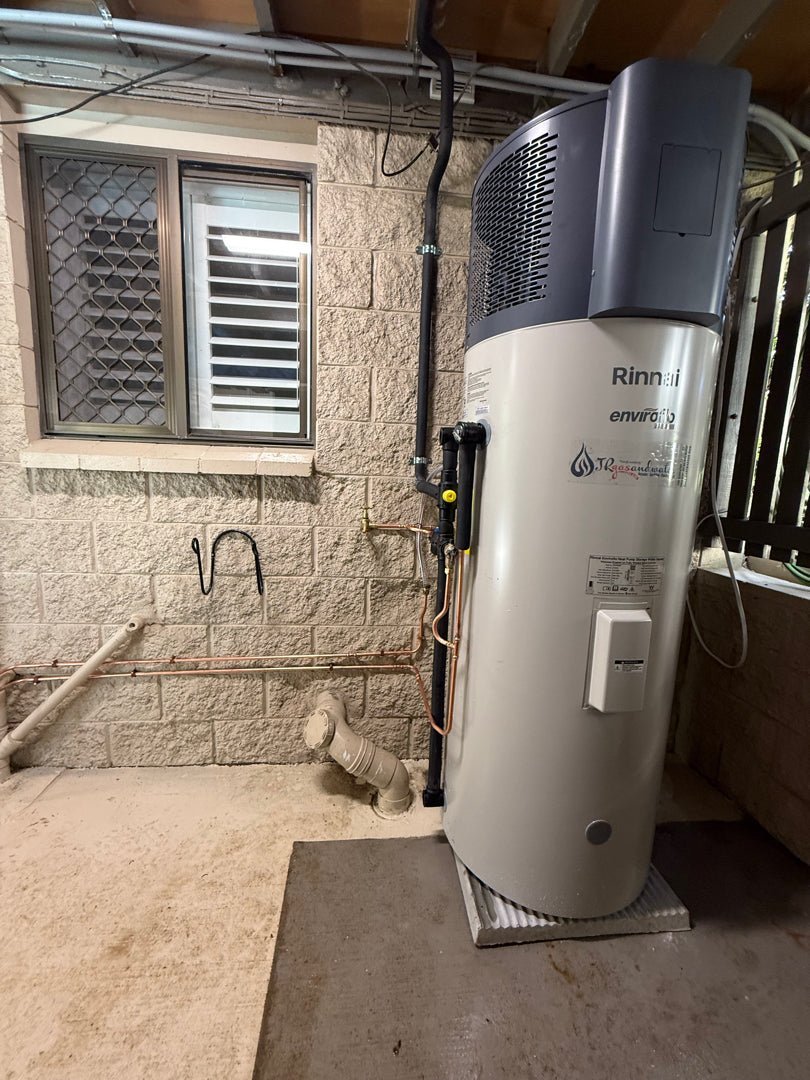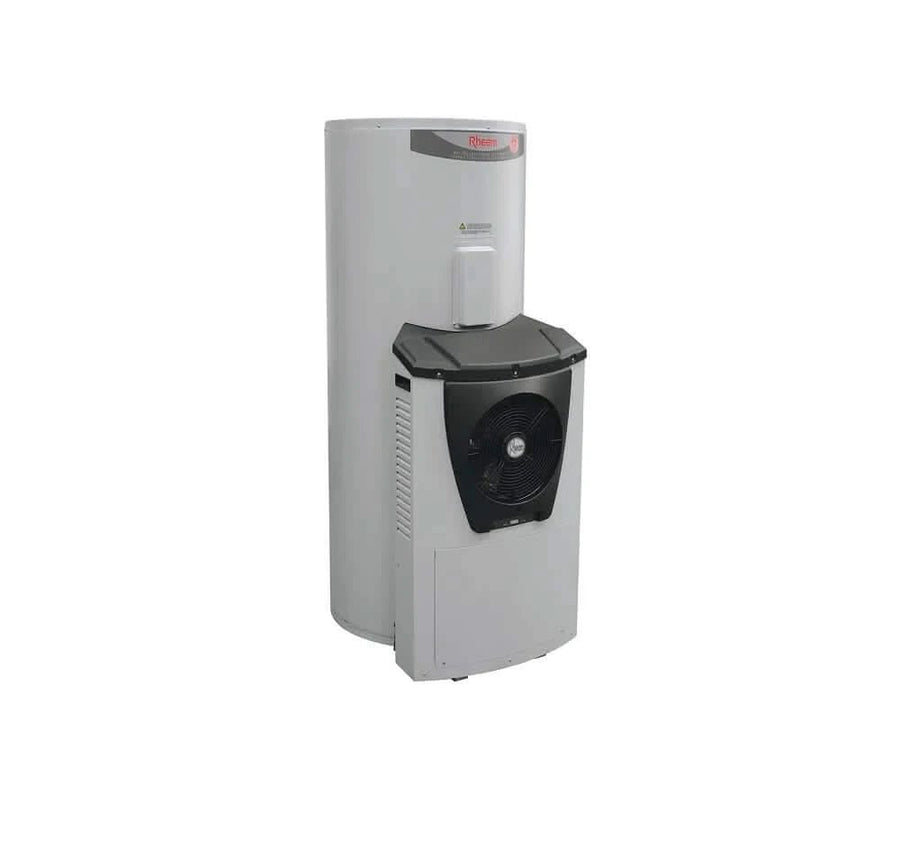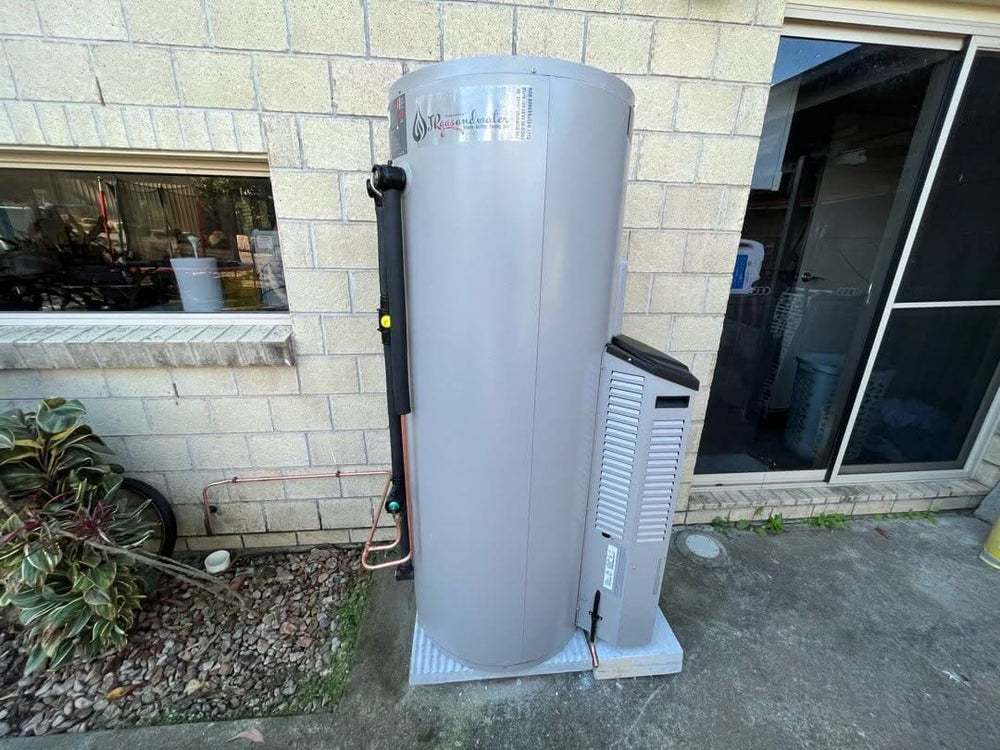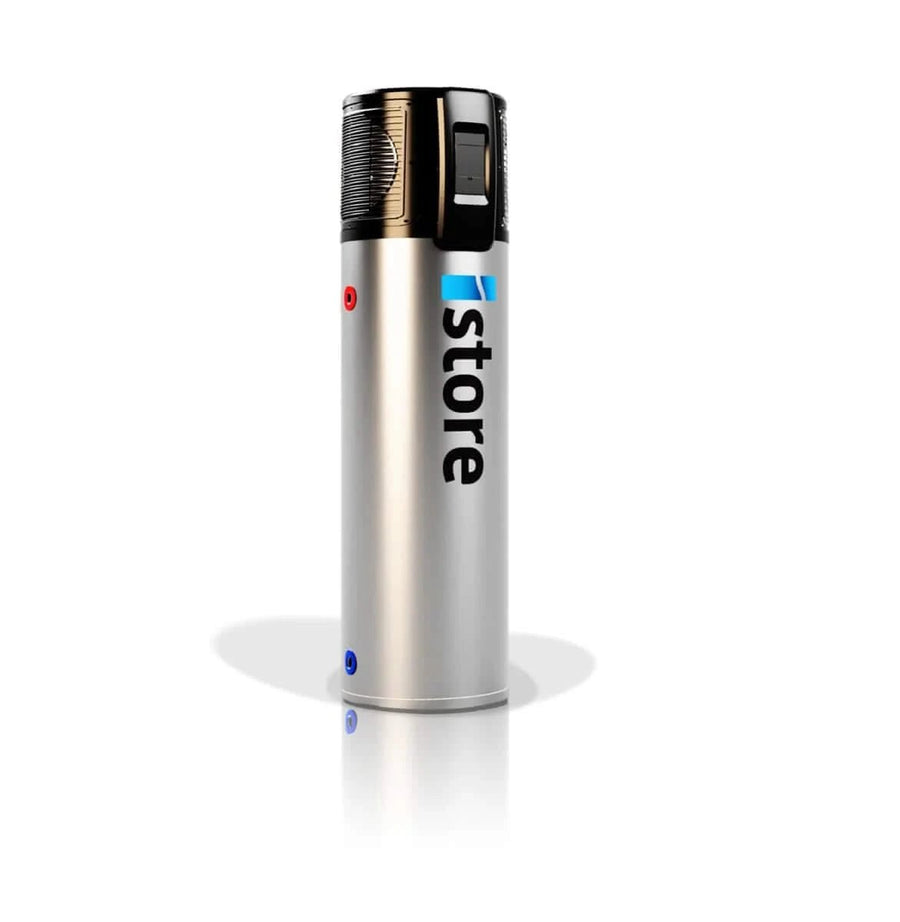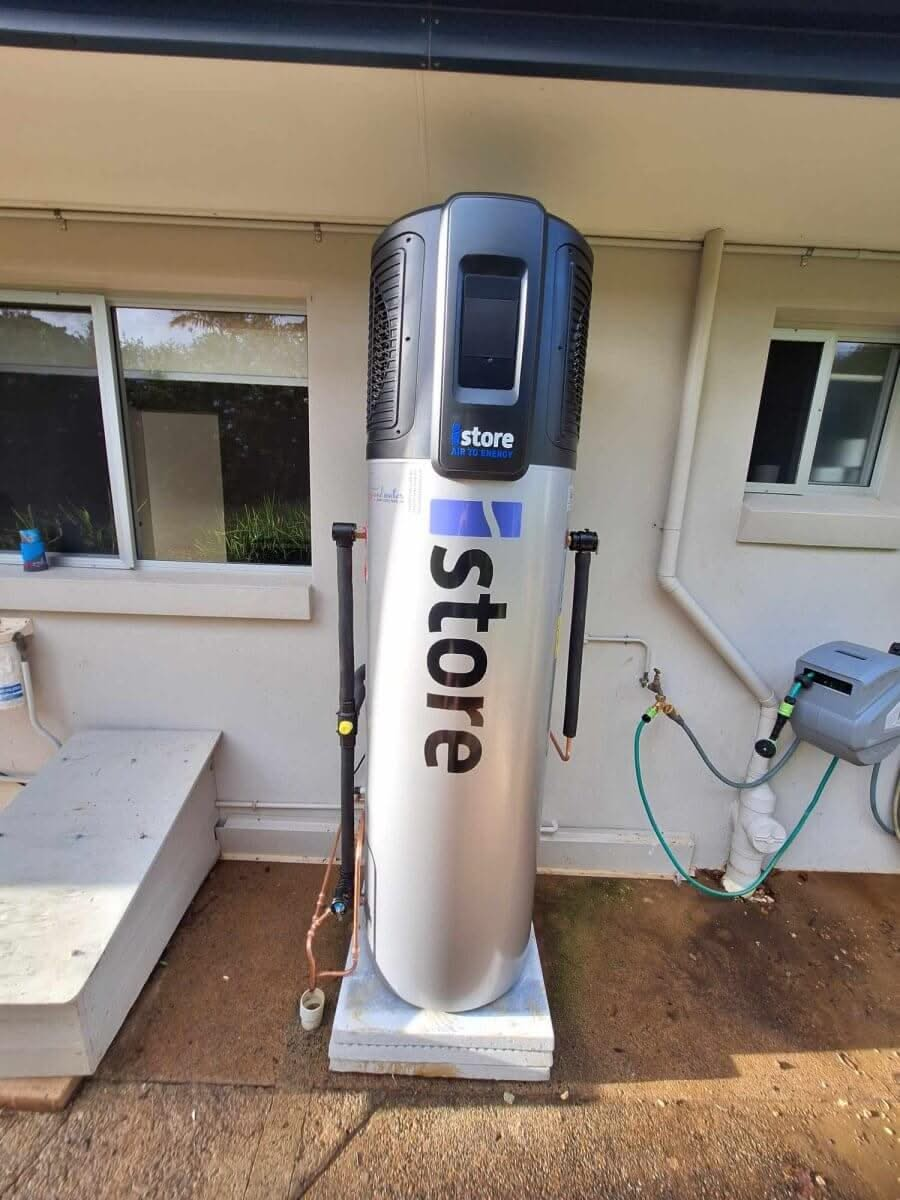Comprehensive Critical Review and Long-term Case Study: Quantum Heat Pump Hot Water Systems Evaluated
When it comes to Quantum heat pump hot water systems, discerning homeowners and professionals seek unambiguous answers. This critical review and long term case study quantum heat pump hot water systems strip away the marketing gloss to scrutinize the efficiency, cost-effectiveness, and environmental footprint of Quantum heat pumps, based on years of usage data. Expect a forthright discussion on the intricacies of their performance, including a deep dive into energy savings and operational considerations, culminating from extended real-world operation with an eye on long-term outcomes.
Key Takeaways
-
Quantum heat pump hot water systems provide an energy-efficient method for water heating and can offer significant cost and CO2 emission reductions compared to traditional electric and gas units.
-
While offering many benefits, such as lower running costs and environmental advantages, Quantum heat pumps may have higher initial costs, require careful installation and site considerations, and potentially produce operational noise.
-
Quantum heat pumps are gaining market traction, supported by technological innovations and government incentives, but face challenges like higher upfront costs and the need for continuous product development to maintain competitiveness.
Understanding Quantum Heat Pump Hot Water Systems
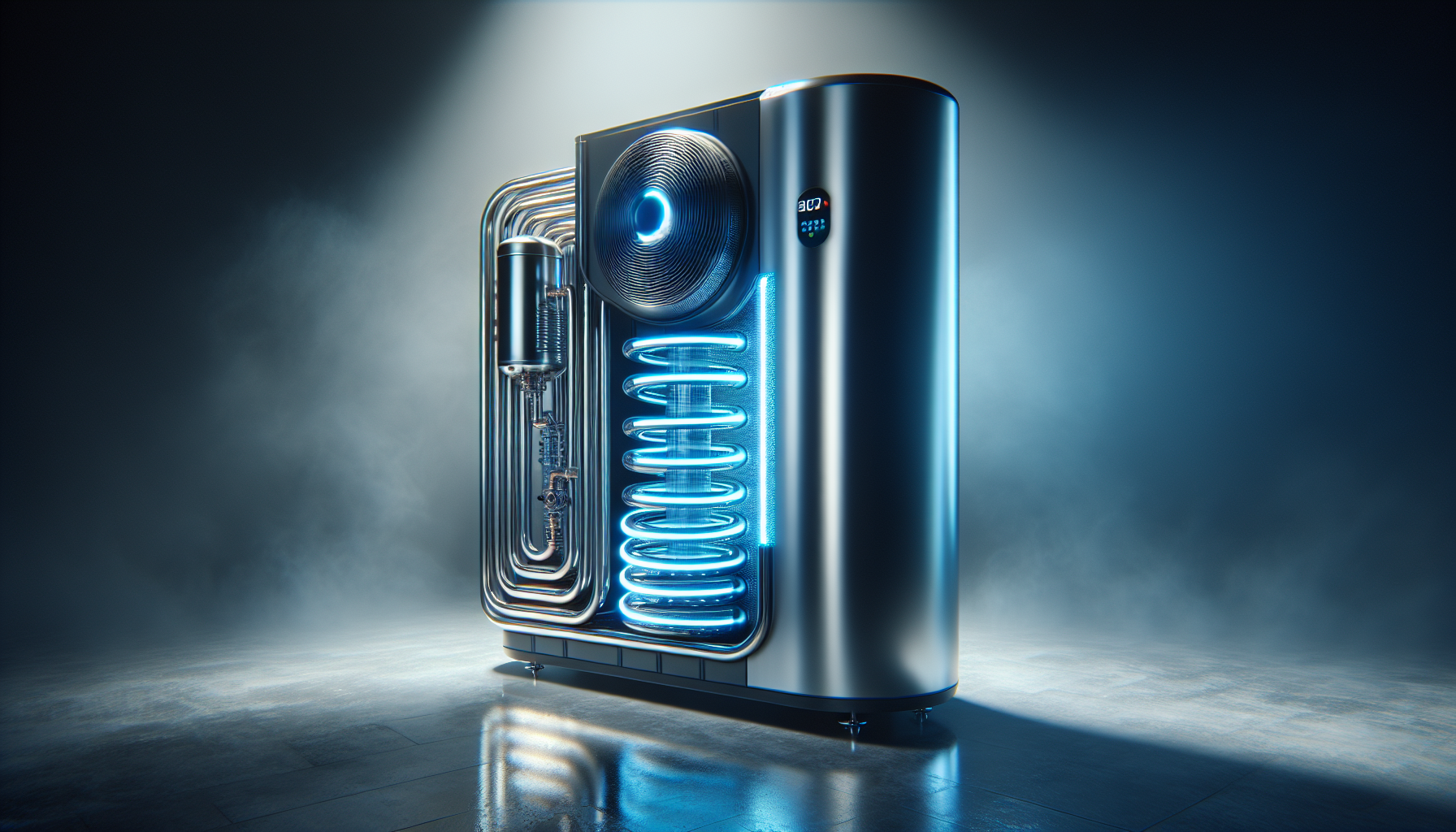
Quantum heat pump hot water systems represent the culmination of advanced quantum research and its practical application. This technology, pioneered by prominent quantum experts, has its roots in the principles of physics and the concept of quanta. These systems harness the power of heat pump technology to extract heat from the ambient air, providing an efficient method for water heating,.
The technology was born in Quantum Australia and has since gained global recognition due to its energy efficiency, potential for significant cost savings, and advancements in cyber security. Accelerating quantum research, quantum heat pumps exemplify how quantum computing and quantum technology, rooted in quantum theory, are revolutionizing everyday life.
Components and Functionality
Quantum heat pump hot water systems are composed of several key components that work together in a synchronized process to efficiently heat water. The heart of the system is the evaporator, which absorbs thermal energy from the surrounding air. As the evaporator absorbs heat, the refrigerant inside the system boils and transforms from a liquid to a vapor, initiating the heat pump cycle.
This vapor is then subjected to high pressure in the compressor, elevating its temperature to create a super-heated vapor. Quantum’s patented Tank Wrap™ technology comes into play here, transferring the heat from the super-heated vapor to the water tank through wrap-around copper coils. This process effectively heats the water from the outside in, demonstrating the discrete packets of services that the company offers.
Energy Efficiency and Savings
Quantum heat pumps stand out for their energy efficiency and potential savings. These systems can reduce running costs by up to 75% compared to standard electric and LPG gas units. The potential annual running costs for an average family of five in Australia could be as low as $349, compared to $1,209 with electric units or $456 with LPG units.
The energy usage of a quantum heat pump system is significantly lower than traditional electric and gas systems, which use approximately 6296 kWh and 8227 kWh per year, respectively. Quantum heat pump systems, on the other hand, use approximately 1664 kWh per year. Moreover, they can operate efficiently even in temperatures as low as -10 degrees Celsius without the need for electrical booster elements, ensuring consistent performance in various climates.
Critical Review: Pros and Cons
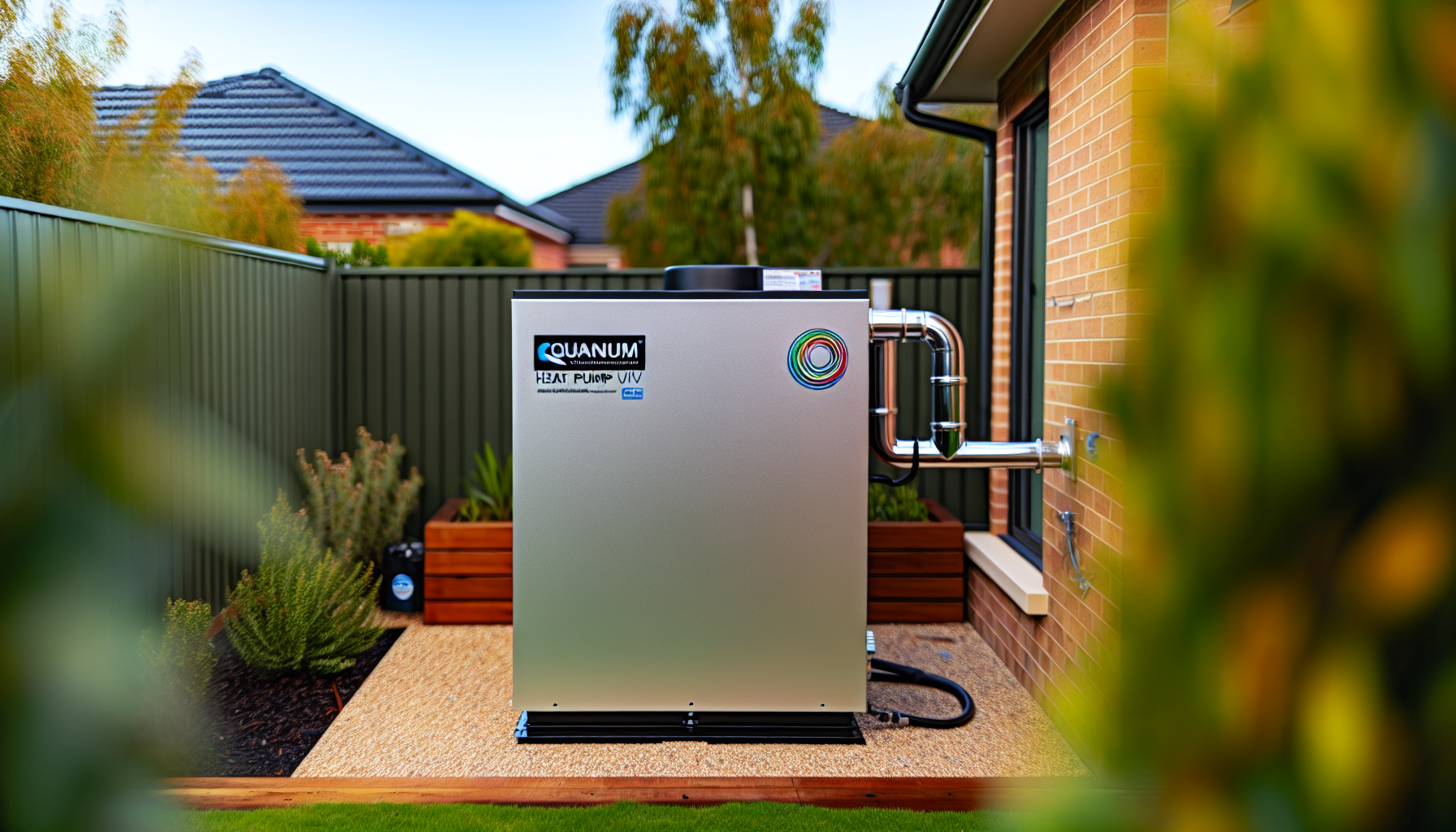
As with all technologies, Quantum heat pump hot water systems present both advantages and disadvantages. The performance can vary in residential settings, influenced by factors such as operational habits, the efficiency of the building, and the quality of installation,.
Studies such as the Renewable Heat Premium Payment (RHPP) metering programme and the Energy Saving Trust (EST) field trials revealed that the system’s performance is highly variable and sensitive to environmental, technical, and occupant-related factors. These factors underline the pros and cons of Quantum heat pump hot water systems, from potential efficiency to the challenges of achieving optimal performance in real-world residential applications. The findings also provide valuable insights and fresh perspectives for early career researchers in the field of renewable energy systems.
Environmental Benefits
Quantum heat pump systems offer notable environmental benefits, a significant advantage of this technology. These systems substantially lower CO2 emissions to 1.7 tons per year, in contrast to 6.4 tons for electric systems and 1.9 tons for gas systems, offering a greener alternative.
Quantum heat pumps offer several benefits, including:
-
Greater energy efficiency, leading to reduced energy utilization and greenhouse gas emissions
-
The ability to extract heat from ambient air temperatures, delivering hot water across various climates without reliance on direct sunlight
-
Effective operation in a range of weather conditions without a booster element, ensuring a constant hot water supply and cutting down the need for conventional energy sources
-
Reducing the carbon footprint of households and contributing to net-zero emissions goals
These advantages make Quantum heat pumps a pivotal technology for achieving sustainable and environmentally-friendly heating solutions.
Installation and Maintenance
Transitioning from traditional systems to Quantum heat pumps is effortless, as their installation process is similar to regular electric hot water systems and doesn’t require roof panels. However, for optimal positioning and performance, professional installers are typically necessary for setting up these systems.
Maintenance for Quantum heat pump systems involves routine tasks such as air filter replacement and refrigerant leak checks, with professional checks needed only every 3-4 years. In areas with hard water, additional maintenance like the installation of water softeners may be required to prevent scale damage.
Quantum heat pumps are designed for longevity, typically lasting more than 20 years, and are engineered to perform well even in harsh water quality conditions according to Australian standards.
Potential Drawbacks
Regardless of the myriad benefits, several potential drawbacks exist when using Quantum heat pumps. These systems typically involve higher initial costs compared to traditional water heaters, creating a financial hurdle for consumers despite future energy savings.
The operation of some Quantum heat pump systems can produce noise, which may necessitate careful consideration regarding their placement to avoid causing disturbances. Installing a Quantum heat pump hot water system requires sufficient space, which could be a limitation in areas with space constraints. These potential disadvantages need to be weighed against the significant energy savings and environmental benefits that Quantum heat pumps offer.
Long-term Case Study: Real-world Performance

A case study will illustrate the real-world performance of Quantum heat pump hot water systems. In this study, the Quantum heat pump hot water system was installed and became fully operational without any major issues. Initial observations showed a significant reduction in energy consumption compared to the previous traditional hot water system,.
Throughout the case study period, the system consistently provided hot water with less energy usage compared to traditional systems, thanks in part to its efficient use of black body radiation. Meter readings indicated a 60% decrease in energy usage for water heating after the first year of operation. Energy bills reflected the decrease in consumption, with savings becoming more pronounced over a multi-year period.
System Installation and Setup
The Quantum heat pump hot water system offers several benefits for installation:
-
It can generate hot water without direct sunlight or roof panels, simplifying the installation process.
-
The compact design of the Quantum system leads to spatial savings, as it takes up less space compared to other systems.
-
The installation cost is also reduced due to the compact design and simplified installation process.
Engineered to meet Australian standards and to function in areas with harsh water quality conditions, the Quantum system can be installed in a full range of geographical locations. This makes it a versatile solution, suitable for a variety of residential settings.
Energy Consumption and Savings
In terms of energy consumption and savings, the Quantum heat pump maintains efficiency in ambient temperatures as low as -10°C. This demonstrates substantial energy savings capability in colder regions without the necessity for a booster element.
When compared to certain electric storage units, the Quantum heat pump hot water system offers a reduction in running costs by up to 70%. This reduction translates into significant savings over the life of the system, making it a wise investment for long-term energy efficiency.
User Experience and Satisfaction
Users report the following benefits of the Quantum heat pump hot water system:
-
Long-term savings due to its energy efficiency and durability
-
Service life regularly exceeding 12 years without any issues
-
Reliable and cost-effective performance over time
These benefits make the Quantum heat pump hot water system a worthwhile investment, despite its higher upfront costs.
The system maintained high performance levels with minimal maintenance over the several years it was studied. The observed durability of the system components suggested a longer estimated lifetime compared to conventional water heaters. The household reported high levels of satisfaction due to the comfort and reliability of the hot water supply. Feedback from the homeowners indicated that the quiet operation of the heat pump contributed positively to their overall satisfaction.
Comparing Quantum Heat Pump Hot Water Systems to Traditional Systems
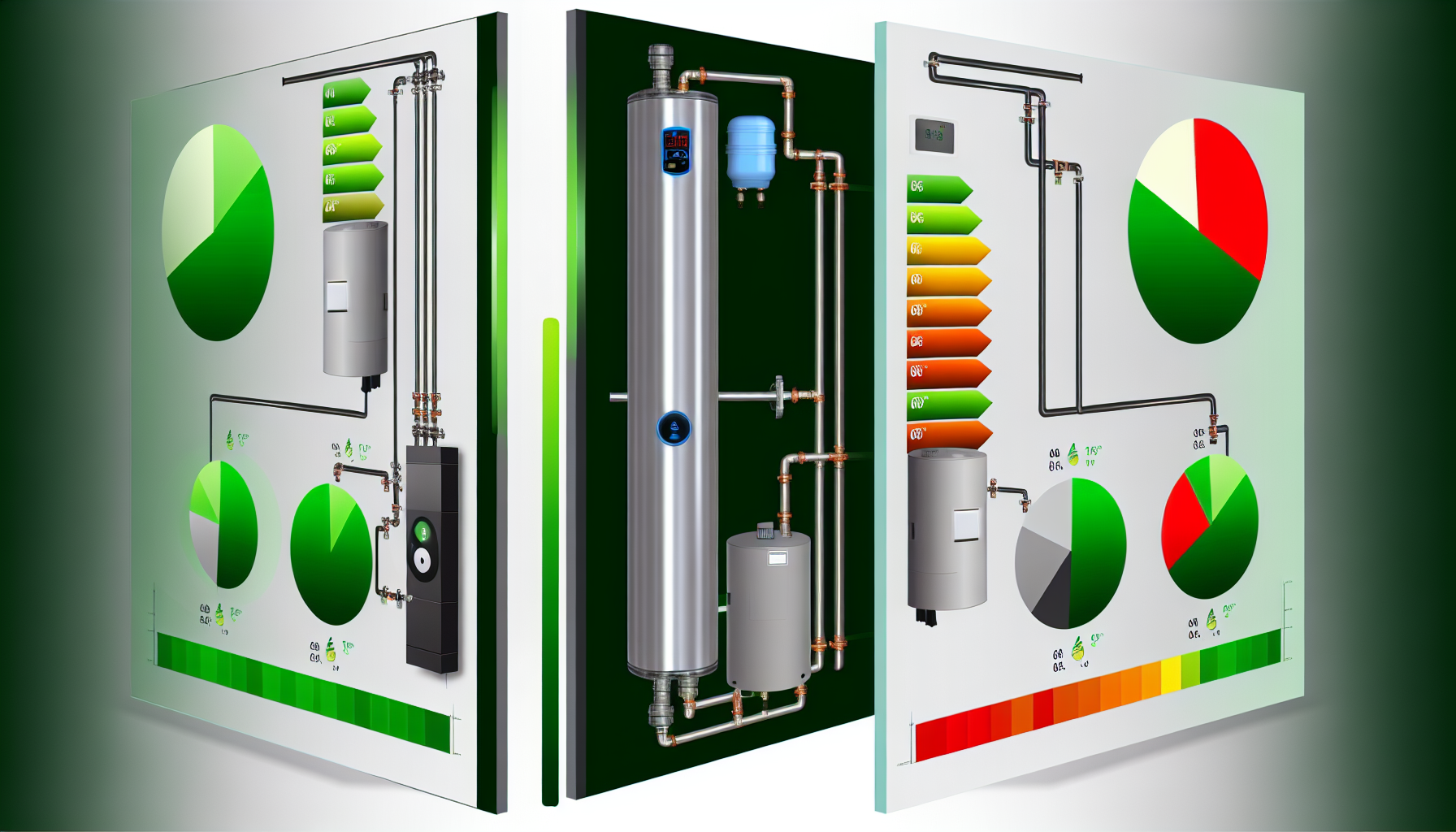
Now, let us juxtapose Quantum heat pump hot water systems and traditional water heaters. Quantum heat pumps have lower operating costs due to their higher energy efficiency. While the initial costs for Quantum heat pump systems can be higher than conventional systems, long-term savings through reduced energy bills can offset this.
Quantum heat pump hot water systems are more energy-efficient than traditional electric or gas systems because they utilize ambient heat from the environment. Additionally, Quantum heat pump hot water systems significantly reduce carbon emissions compared to traditional gas or electric water heaters.
Energy Efficiency Comparison
Quantum heat pump hot water systems are known to be more energy-efficient than traditional water heaters. They transfer heat instead of generating it directly, leading to significantly lower energy consumption. The efficiency of heat pumps like Quantum’s is measured using the coefficient of performance (COP), where a higher COP represents a more energy-efficient system, using less energy to produce the same amount of heating.
Quantum heat pumps have the following features:
-
Capable of operating in extreme ambient temperatures as low as -10°C
-
Maintain energy efficiency without the need for additional electrical booster elements
-
Have one of the highest hot water recovery rates in the heat pump market
-
Ensure that households do not quickly run out of hot water
-
Energy-efficient replacement for traditional electric storage water heaters.
Cost Analysis
While Quantum heat pump hot water systems have higher upfront costs than some traditional water heaters, they offer significant long-term financial returns due to exceptional energy efficiency. The average cost for a 250L heat pump hot water system is around $3250, but with proper maintenance, these systems can last for more than 10 years, underscoring their long-term savings.
Eligible installations of Quantum heat pump hot water systems attract energy efficiency rebates, which enhance savings. Government incentives and discounts are likewise available to offset the higher initial investment. Transitioning to a heat pump hot water system can yield cost savings on energy bills, typically ranging from 50% to 80%, making them economically advantageous despite the higher upfront costs.
Heat pump hot water systems can capitalize on off-peak electricity tariffs, offering additional savings by heating water at a lower cost during designated off-peak periods.
Environmental Impact Comparison
When it comes to environmental impact, Quantum heat pumps have a lower carbon footprint due to their efficient use of electricity and reduced greenhouse gas production. CO2 emissions from Quantum heat pump systems are significantly lower at 1.7 tons per year, compared to 6.4 tons for electric systems and 1.9 tons for gas systems,.
Air source heat pumps, such as Quantum’s, have several benefits:
-
They minimize carbon emissions by utilizing the power from the external air temperature, requiring minimal electricity for internal operations.
-
They are two to three times more energy-efficient than traditional water heaters, reducing electricity consumption by 60 to 75%.
-
They help decrease carbon emissions.
Industry Developments and Future Outlook
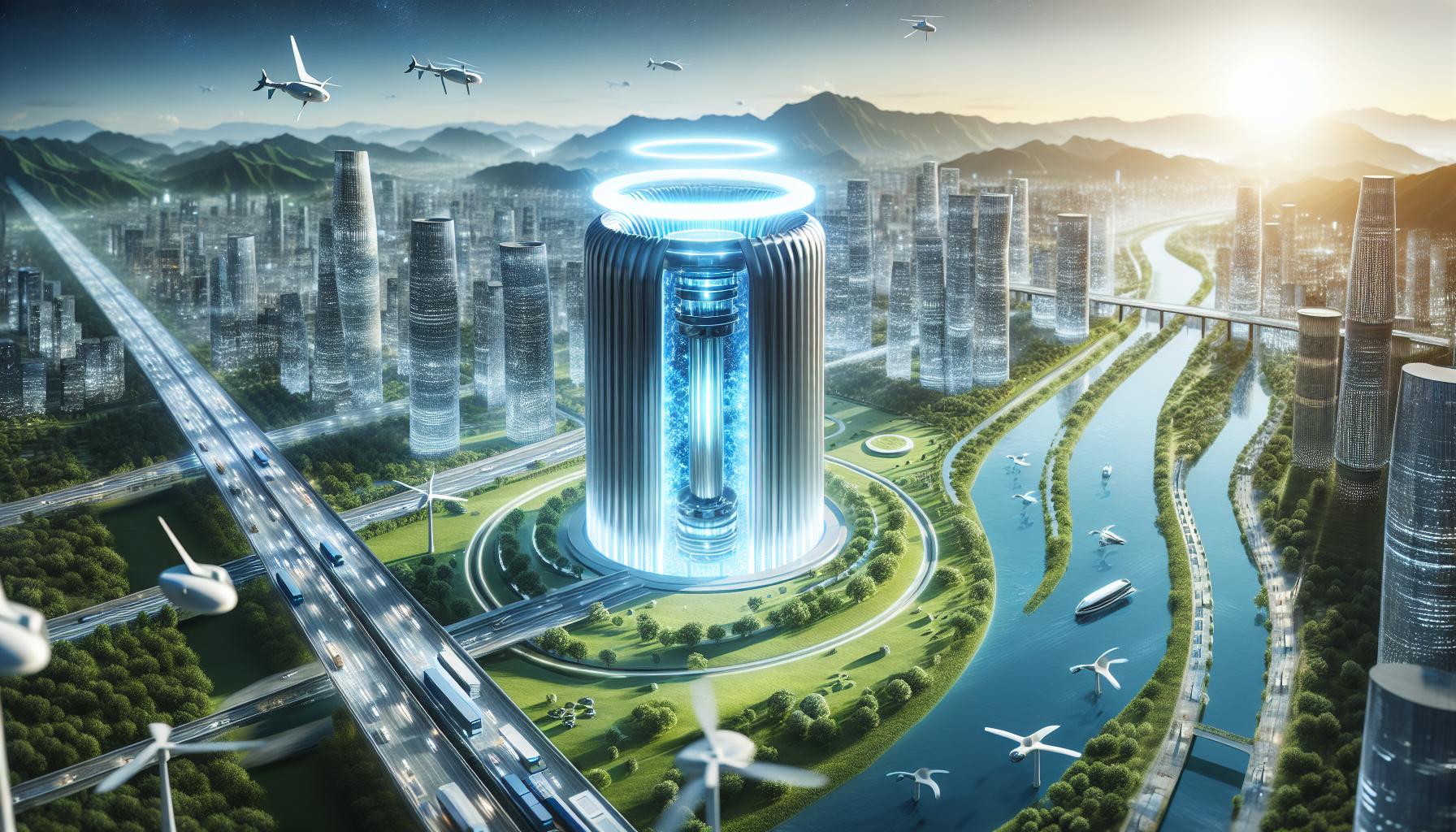
The International Energy Agency (IEA) recognizes heat pumps as a crucial technology in the global shift towards secure and sustainable heating. The pace of heat pump installations, including Quantum heat pumps, is increasing rapidly, with sales reaching record levels as of 2021. However, overcoming the higher upfront costs of heat pumps compared to alternatives is a challenge that requires government policy support.
Currently, financial incentives for the adoption of heat pumps are available in over 30 countries, covering more than 70% of the global heating demand. By 2030, heat pumps have the potential to reduce global carbon dioxide emissions by at least 500 million tonnes, equivalent to the annual emissions from all cars in Europe.
Technological Innovations
Quantum Heat Pumps have seen continuous enhancements in energy efficiency, driven by over 35 years of product research and development, which also contributes to reducing operational costs. The integration of quantum heat pump hot water systems with renewable energy sources like solar panels enhances their environmental sustainability.
Quantum has integrated advanced diagnostics and predictive maintenance capabilities into their heat pump systems, enhancing reliability and extending the lifespan of the equipment. Recent advancements in compressor technology and the development of environmentally friendly refrigerants have further increased the performance and sustainability of Quantum heat pumps.
Innovations in thermal storage and heat exchanger design have improved the efficiency of Quantum heat pumps, enabling them to provide hot water with less energy input.
Market Trends and Growth
Projections suggest the heat pump water heater market, inclusive of quantum heat pump hot water systems, could reach USD 7,165.5 million by 2030. The market is expected to grow at a compound annual growth rate (CAGR) of 10.80% from 2023 to 2030.
Government incentives, driven by government decision makers, such as rebates for energy-efficient product installations including Quantum heat pumps, are driving market adoption. The increased awareness of carbon footprint reduction and energy savings is driving consumer preference towards energy-efficient appliances like Quantum heat pumps, in line with the industry’s latest developments.
The expansion of green building practices and the integration of heat pumps into smart home systems, driven by innovative collaborations, align with the growing trend toward sustainable and energy-efficient homes.
Potential Challenges and Opportunities
Quantum heat pumps, despite presenting numerous opportunities, also encounter potential challenges. A challenge for Quantum is the stagnation in product development, which may affect its competitiveness in the market. Quantum heat pumps may face challenges in markets where the electricity grid is still heavily reliant on fossil fuels, as this can diminish the environmental benefits of switching to heat pump technology.
However, the development of scalable heat pump solutions by Quantum can address the varying needs of residential, commercial, and industrial sectors, broadening the potential customer base. The integration of Quantum heat pumps with other renewable energy systems, such as solar photovoltaic panels, presents a significant opportunity for the creation of hybrid systems that further reduce energy consumption and provide real world commercial solutions.
Summary
In conclusion, Quantum heat pump hot water systems present a sustainable and efficient solution for water heating, offering significant energy savings, reduced carbon emissions, and long-term financial benefits. Despite potential challenges such as higher initial costs and noise levels, the multiple benefits they offer make them a worthwhile investment for a sustainable future.
Frequently Asked Questions
What does quantum mean in simple terms?
In simple terms, "quantum" refers to the minimum amount of any physical entity involved in an interaction. It is the smallest discrete unit of a phenomenon, representing "how much" of something, and can be measured.
What are the disadvantages of a heat pump hot water system?
While heat pump hot water systems offer many advantages, it's important to consider their higher upfront costs, potential limitations in colder climates, and the need for a backup heating source during periods of high hot water demand.
What is the warranty on the quantum heat pump?
The warranty for the Quantum heat pump includes 5 years for the tank, and 2 years for the electrics and refrigeration. Keep in mind that the heat pump efficiency may vary depending on the installation location.
What is the life expectancy of a heat pump hot water system?
A heat pump hot water system typically has a life expectancy of 15 years, making it a durable option for your home.
Are quantum heat pumps any good?
Yes, quantum heat pumps are a good choice for energy efficiency, cutting up to 70% of running costs compared to electric storage units.






